New RB Needed? How Do Falcons Fix Broken Running Game?
Whether it's in free agency beginning March 16 or with the No. 8 overall pick in the NFL Draft April 28, the Atlanta Falcons must repair their broken running game.
Since they're apparently ready to ride into 2022 with 37-year-old quarterback Matt Ryan, he's going to need help on the ground.
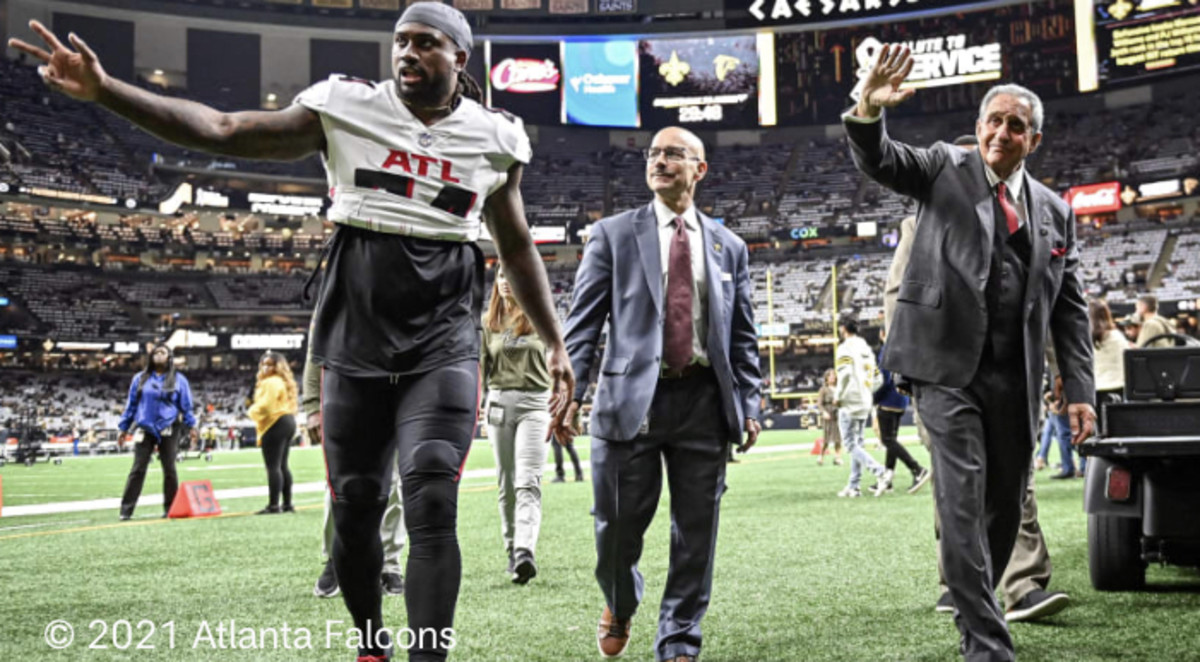
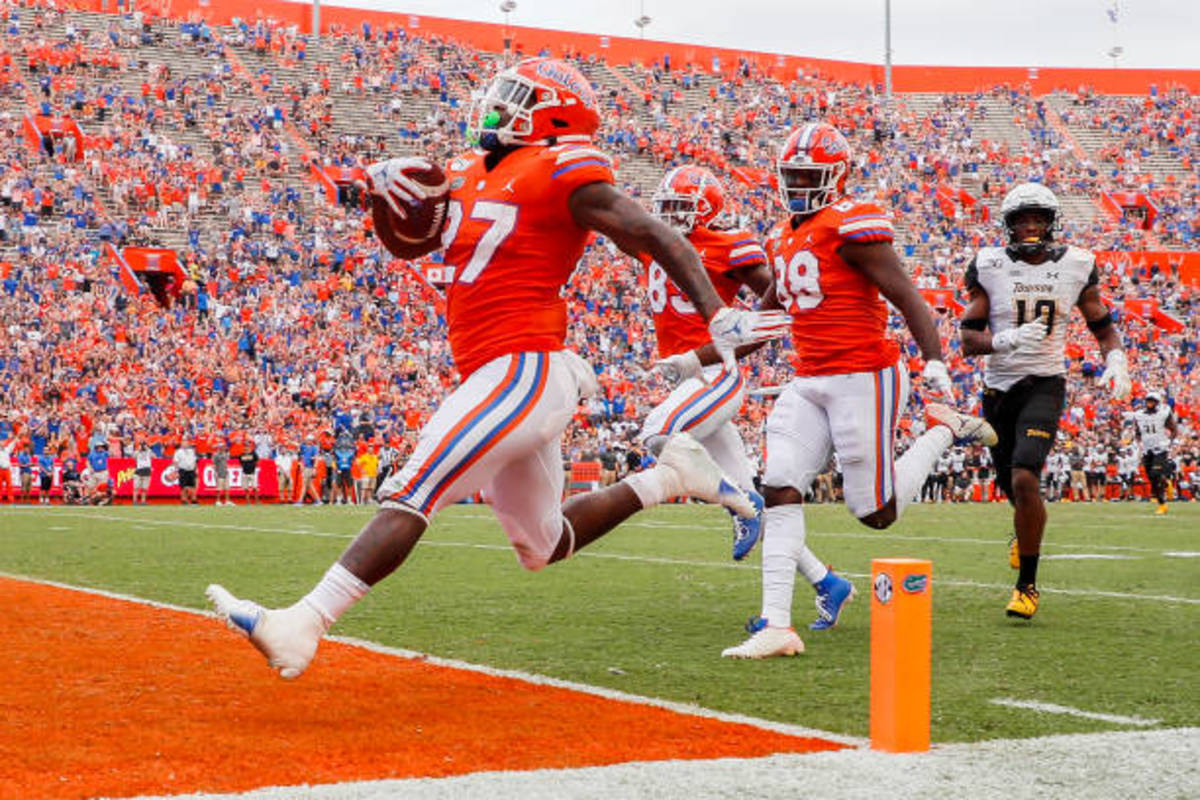
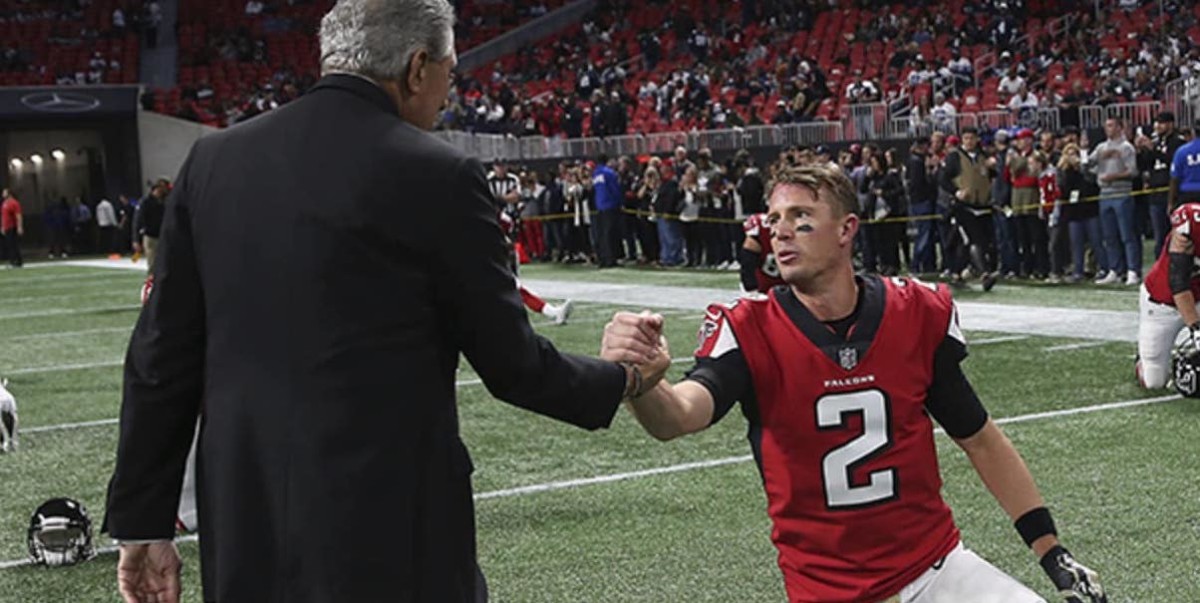
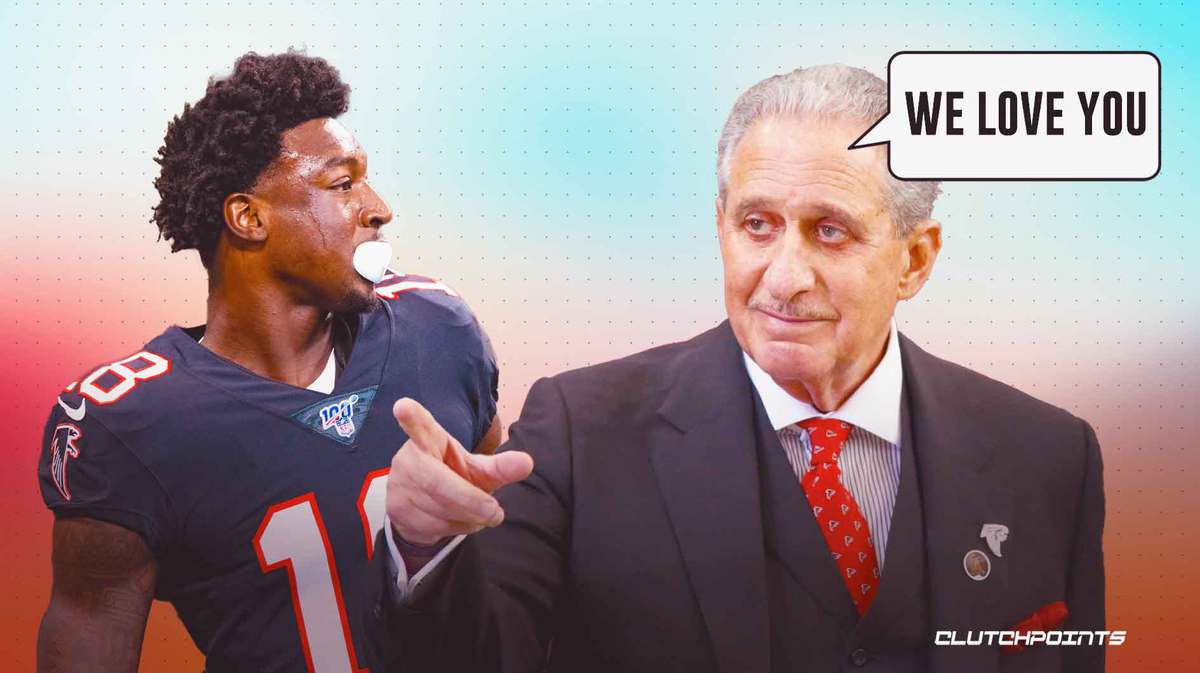
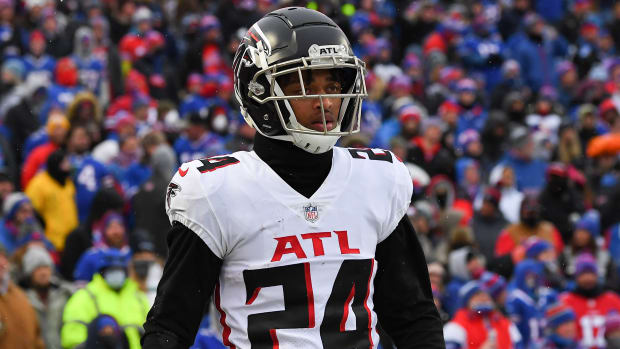
Coach Arthur Smith arrived from Tennessee - where Derrick Henry dominated - with a promise to inject a similarly run-heavy DNA into the Falcons' offense. But ... nope. As much to blame as anything for the disappointing 7-10 season was a running game that couldn't settle on a feature back, couldn't protect leads and couldn't out-run any team this side of the lowly Houston Texans.
Atlanta ran for only 1,451 yards (85 yards per game), second-lowest total in the NFL. Despite Smith's pedigree and pronouncements, the running game actually shrank from 2020 when it finished 27th at 95 yards per game.
The Falcons went into the season with plans to have Mike Davis, who signed a modest two-year, $5.5 million contract, as the lead running back in a committee. But with shaky blocking up front, the plan didn’t work from the start and Davis' carries were eventually moved to converted receiver Cordarrelle Patterson.
The running game had some moments, but not enough to help sustain the unit and help close out games. The Falcons couldn’t run out the clock to preserve victories in Week 4 against the Washington Football Team or against the Detroit Lions in Week 16.
Davis rushed 138 times for 503 yards (3.6 per carry) and had three touchdowns. He caught 44 of 58 targets out of the backfield for 259 yards and one touchdown. He was helpful with his chip blocks in pass protections at times.
But the Falcons coaching staff cracked the code on how to use Patterson, who was a former No. 1 draft pick as a receiver and one of the game’s top kickoff returners and four-time All-Pro. Patterson rushed 153 times for 618 yards (4.0 per carry) and six touchdowns. He also caught 52 of 69 targets for 548 yards and five touchdowns.
Patterson, who signed a one-year contract for $3 million last April, had 205 touches for 1,166 yards and 11 touchdowns.
The third back was split by Wayne Gallman and Qadree Ollison. Gallman had 28 carries for 104 yards (3.7 yards per carry) before he was released Dec. 11. Ollison, who finished the season strong after a stint on the practice squad, had 21 carries for 105 yards and a nifty 19-yard touchdown run in the regular-season finale.
Fullback Keith Smith, who played in all 17 games and had eight starts, was mostly used as a lead blocker. He had nine carries for 31 yards. He caught 9 of 10 targets for 56 yards.
The Falcons have decisions to make this offseason.
Running backs coach Des Kitchings left to become the offensive coordinator at the University of Virginia and will be replaced by Michael Pitre, who last season served in the same capacity for the Chicago Bears.
Do they re-sign Patterson, who turns 31 next month and is set to become a free agent?
“Just the foundation (Smith) is building and the chemistry that he has with these guys in this locker room on and off the field,” Patterson said. “So, I’d be a fool not to want to play for Arthur. He’s a great, he’s a great coach, a great guy. So, we’ll see what happens.”
Do they stick with Davis? Or do they spend valuable assets (draft picks and/or cap space) on a new feature back?
Top running backs in free agency:
1. Leonard Fournette, Buccaneers
2. Melvin Gordon, Broncos
3. Chase Edmonds, Cardinals
4. James Conner, Cardinals
5. Sony Michel, Rams
6. Alex Collins, Seahawks
7. Darrel Williams, Chiefs
Top running backs in the draft:
1. Breece Hall, Iowa State
2. Isaiah Spiller, Texas A&M
3. Kenneth Walker III, Michigan State
